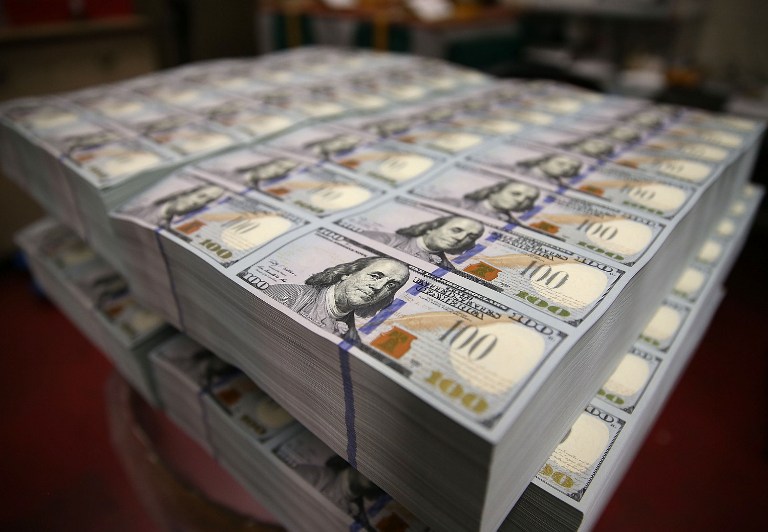Forex
Nigeria’s External Reserves Witness Modest Uptick of $1.87 Million in August 2023

In August 2023, Nigeria’s external reserves saw a modest uptick of $1.87 million, a development attributed to the prudent policies put in place by the Central Bank of Nigeria (CBN) aimed at stabilizing the foreign exchange market.
Starting the month of August at $33.95 billion, the external reserves concluded at the same figure, marking a marginal increase of $1.87 million or 0.005 per cent.
Analysts attribute this increase to a combination of factors, including inflows from the diaspora and a steady rise in global oil prices. Furthermore, the announcement of the Nigerian National Petroleum Company Limited’s (NNPC) $3 billion ’emergency loan’ from Afrexim Bank likely contributed to the bolstering of external reserves in August.
In August alone, the CBN reported that the export crude oil price stood at $91.8 per barrel, representing a 4.34 per cent increase from the previous month’s $87.98 per barrel.
This reported price of $91.80 per barrel is the highest export crude oil price since November 17, 2022, when it reached $93.41 per barrel.
However, over the course of eight months in 2023, the external reserves experienced a decrease of $3.13 billion, primarily due to CBN interventions in the foreign exchange market.
At the start of 2023, external reserves stood at $37.082 billion and closed at $33.954 billion by the end of August 31, 2023.
With foreign reserves resting at $33.95 billion as of August 31, 2023, the Naira at the Investors & Exporters (I & E) Foreign Exchange market concluded the month at N757.023 against the dollar, down slightly from N757.52 against the dollar the previous month.
Nevertheless, in August, the local currency gained 0.07 per cent against the dollar at the I & E FX window.
At the specialized window for investors and exporters, the local currency depreciated by 69 per cent over eight months, starting from N448.55 against the dollar at the close of 2022.
Analysts have suggested that the depletion of external reserves can be attributed to ongoing currency interventions, as the CBN continues to operate a floating managed peg exchange regime, as well as external debt servicing for the second quarter (Q2) of 2023 and reduced foreign exchange inflows from oil exports.
According to analysts at Codrdors Securities, “While we understand that the NNPC’s crude repayment facility with the African Export-Import bank may have been put on hold, we highlight that there have been no further positive news flows regarding other measures to stem the slide of the naira.
“The preceding, in addition to the lingering low crude oil production and foreign investors remaining on the sidelines, are expected to weigh on foreign exchange supply in the near term.
“Consequently, we expect foreign exchange liquidity constraints to linger in the short term, ensuring the local currency pressures remain intact.”
Furthermore, Analysts at Afrinvest, stated: “On the home front, the CBN foreign reserves was flattish m/m at $33.2billion, as month- end accretion of $333.0million offset outflows. Meanwhile, the official and parallel market segments traded in opposite directions amid news of NNPCL-Afrexim $3.0billion loan agreement and the publication of CBN’s outstanding financial report. At the I&E window, the base currency (USD) depreciated 0.8 per cent m/m against the Naira to close at N762.71/$1.00 as activity level rose by 27.4 per cent m/m to $2.2billion. In contrast, the parallel market rate lost 5.4 per cent m/m to N920.00/$1.00.
“At the FMDQ Securities Exchange (SE) FX Futures Contract Market, the value of the open contract declined 11.3 per cent m/m to $5.6billion, partially due to the muted interest in the available open contracts, and on the other hand, the settlement of the $708.5million August 30, 2023 contract which matured during the month. In September, we expect the Naira to trade within a similar band across market segments as FX imbalance lingers on the back of a weak FX reserves and a sustained high demand in the parallel market.”